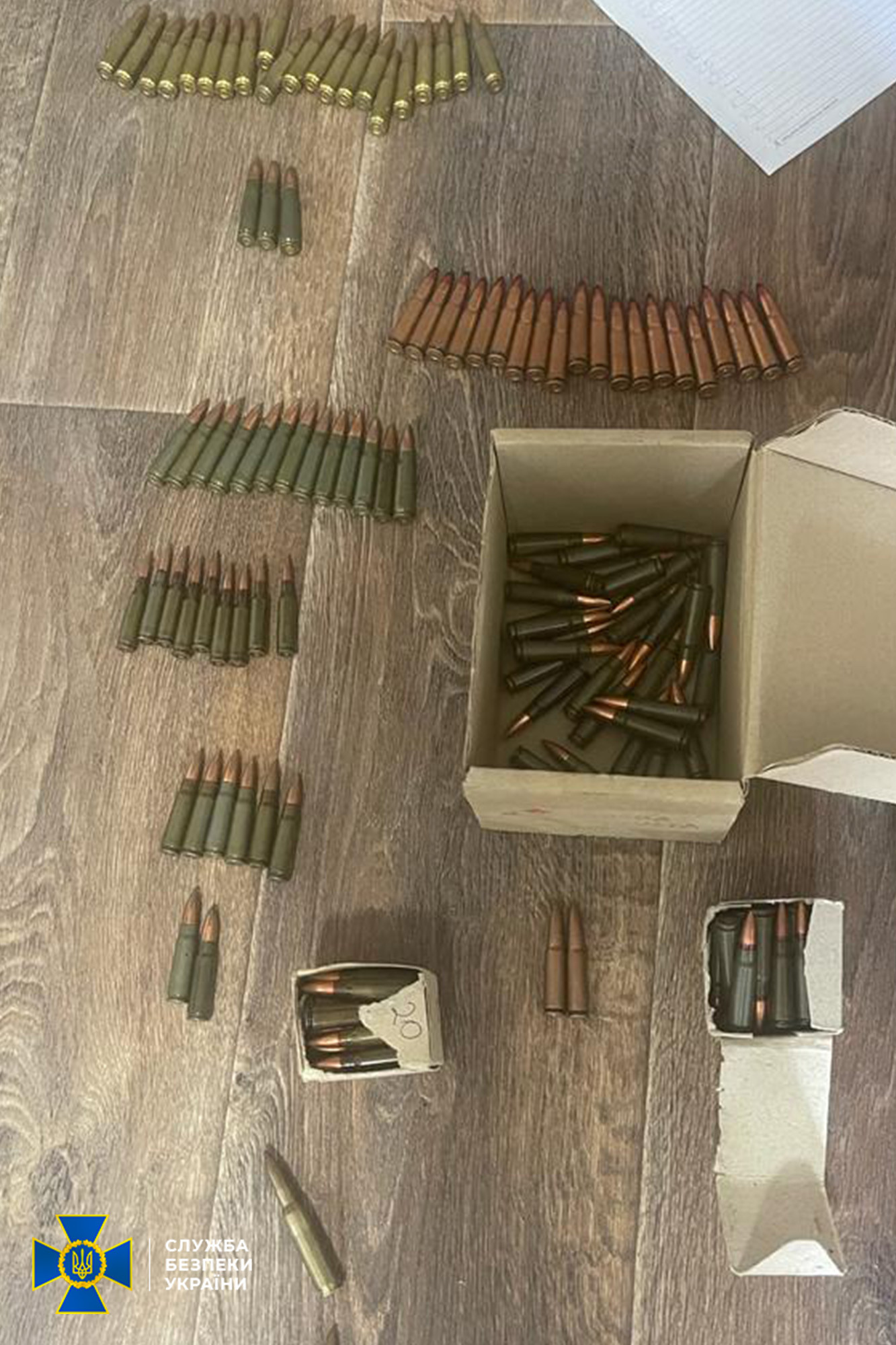SSU completes investigation of case on russian ‘mole’ in Kharkiv SSU Office
The SSU has completed its investigation and submitted to court an indictment against a former officer of the Coordination Staff of the SSU Office in Kharkiv region.
The traitor agreed to cooperate with russian special services in exchange for security guarantees for him and his family if the region is occupied.
Within the SSU’s self-cleansing efforts, the SSU Counterintelligence exposed the ‘mole’ and collected irrefutable evidence, based on which he was charged with high treason committed under martial law (Article 111.2 of the CCU).
The crime is punishable by 15 years in prison or life imprisonment.
The investigation proved that the man had been recruited at the beginning of russia’s full-scale invasion.
His position in the Coordination Staff of the regional SSU office allowed him to secretly collect and pass to the main directorate of the general staff of the russian armed forces (gru) intelligence on deployment and movement of Ukrainian military equipment and personnel and on plans and activities of the Armed Forces of Ukraine, law enforcement agencies and special services.
The occupiers used this information to avoid strikes of Ukrainian troops, plan sabotage and massive artillery and targeted missile attacks on strategic facilities in the city and defensive positions.
Due to the SSU’s effective and coordinated actions, the agent’s unlawful activities were documented.
The traitor was detained when he was collecting data for a missile strike on the administrative building of the SSU Office in Kharkiv Region.
The SSU Counterintelligence Department exposed the ‘mole’ jointly with the SSU Internal Security Department and the SSU Main Investigation Directorate under the procedural supervision of the Prosecutor General’s Office.
According to Article 62 of the Constitution of Ukraine, a person is presumed innocent of a crime and cannot be subject to criminal punishment until their guilt is proven in line with the procedure defined by law and established by a relevant court’s verdict.






